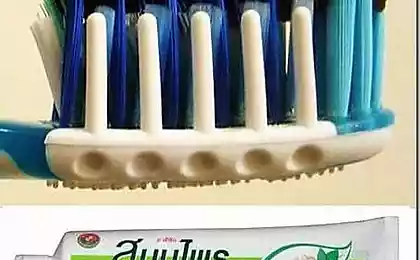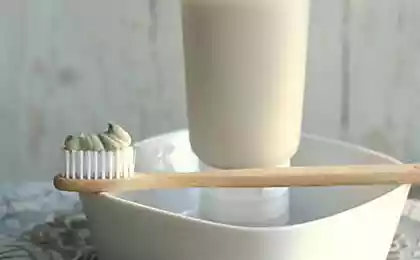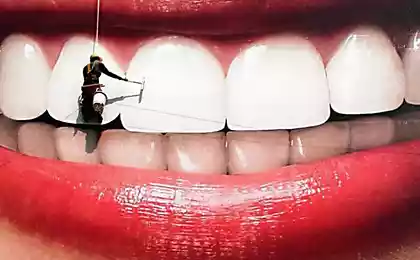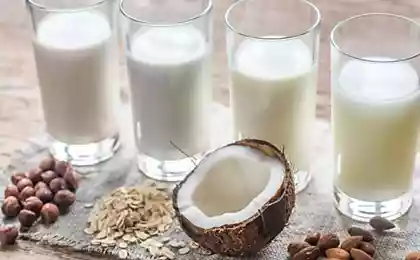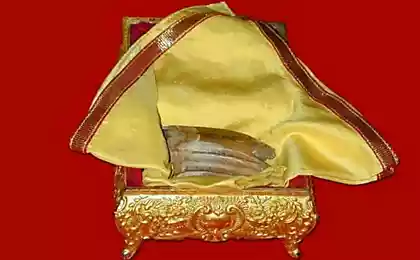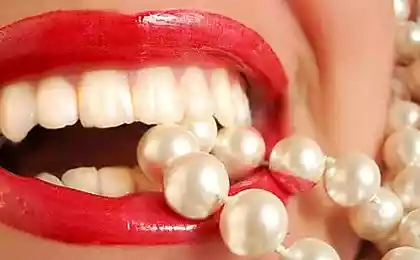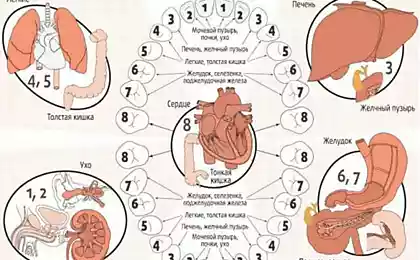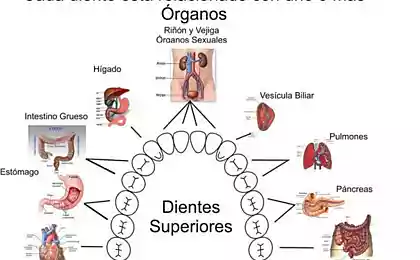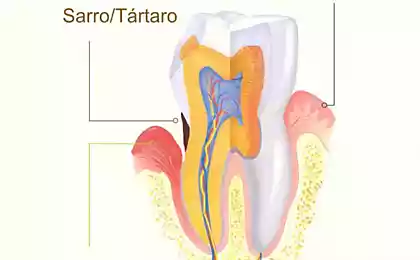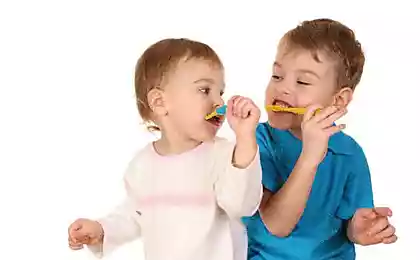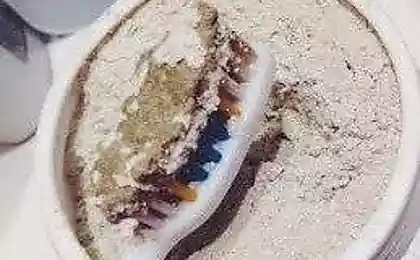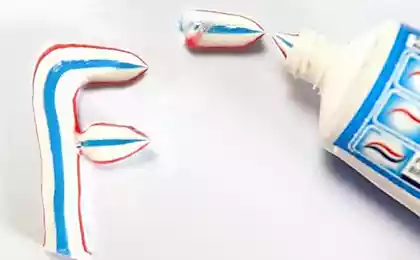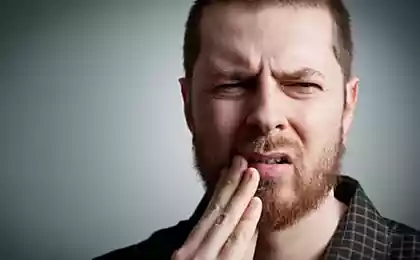500
Seragam each tooth
Hippocrates believed that the first (milk) teeth are formed from milk. We can confidently say that this statement is true. Because we all know that the main building material for the teeth is calcium, which for an infant is really milk. The first milk teeth appear in children between 5 and 8 months. Finally baby teeth grow approximately to three years and a change of milk teeth starts at the root the age of six. The process of change of milk teeth quite long and can last up to 14 years.
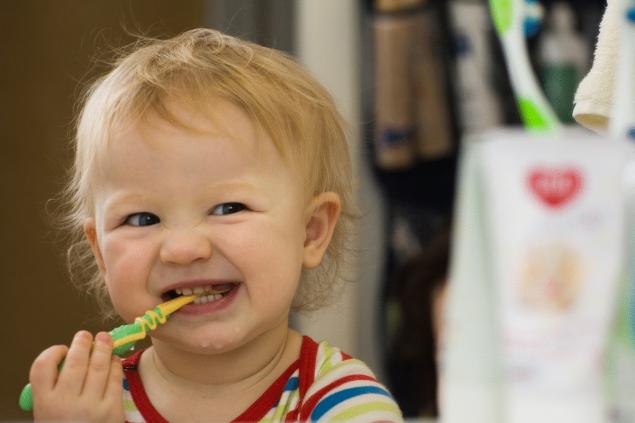
The milk teeth differ from the native, especially the lower part of the tooth hidden by the gums. Milk teeth is no long root that holds in the gum molar. The size of milk teeth is less indigenous. A small curvature of the milk teeth should not inspire fear – the position of the teeth can change as the child gets older. Most children first erupt 2 lower medial incisor. Usually, the teething process is transparent to the kid and his family. The rest of the milk teeth, especially the canines and 5th teeth (premolars), can carry a lot of problems. The child becomes restless, sleeps badly, refuses to eat or eats poorly, drooling.
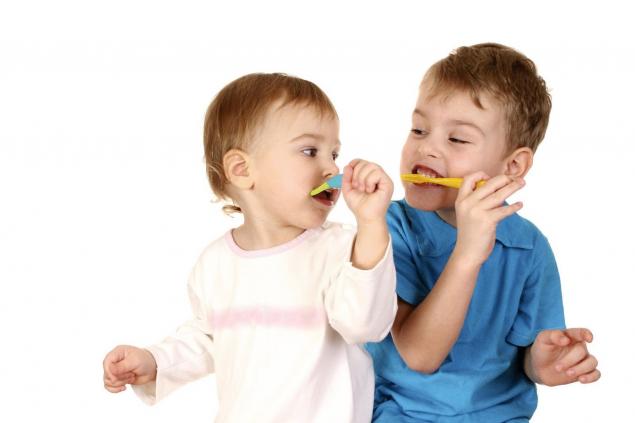
Each child has their own pace of teething, so don't worry if the first teeth do not appear long. To teach a child to care for the oral cavity is very important. Before year this makes adult. The first milk teeth clean with a piece of sterile gauze moistened with boiled water and wound on a wooden stick. To year it is important to buy a toothbrush for cleaning teeth and to teach the child to use it. Brush with soft fibers, of small size, specially created to care for the first milk teeth, instead of toothpaste use warm boiled water. Closer to two years you can purchase a full children's toothbrush and toothpaste. Children's toothbrush should be replaced every 3 months. Toothpastes designed for younger children, as a rule, in its composition does not contain fluorine, because it is dangerous to the child's body, and many children at this age often swallow the toothpaste. To the age of the child needs to brush their teeth once a day (in the evening). And then go to twice-a-day use, considering that the evening brushing is the most important!
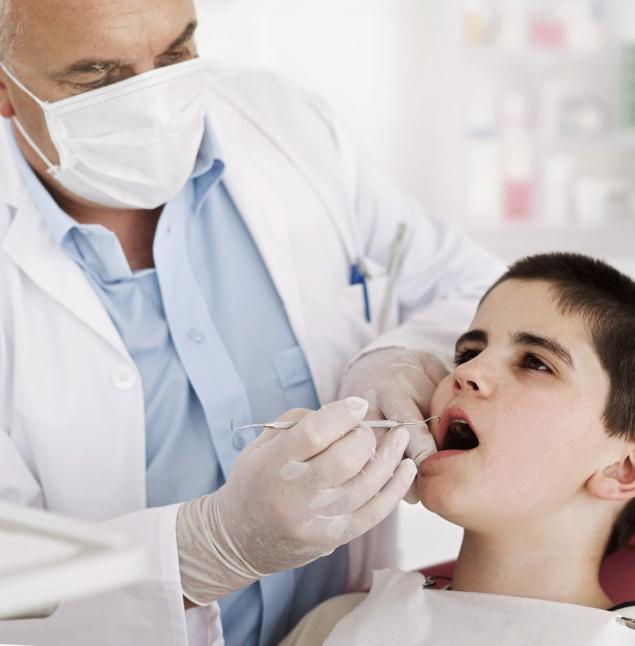
First visit to a pediatric dentist. Early lose of primary teeth by caries are primarily caused by violation of carbohydrate intake. This occurs if the parents at night give the child milk and cookies, sweet yogurt or yogurt. Such cavities are called caries "milk bottle". The fact that at night there is no natural self-cleaning of the mouth, dramatically reduces the amount of saliva, which neutralizes acid.
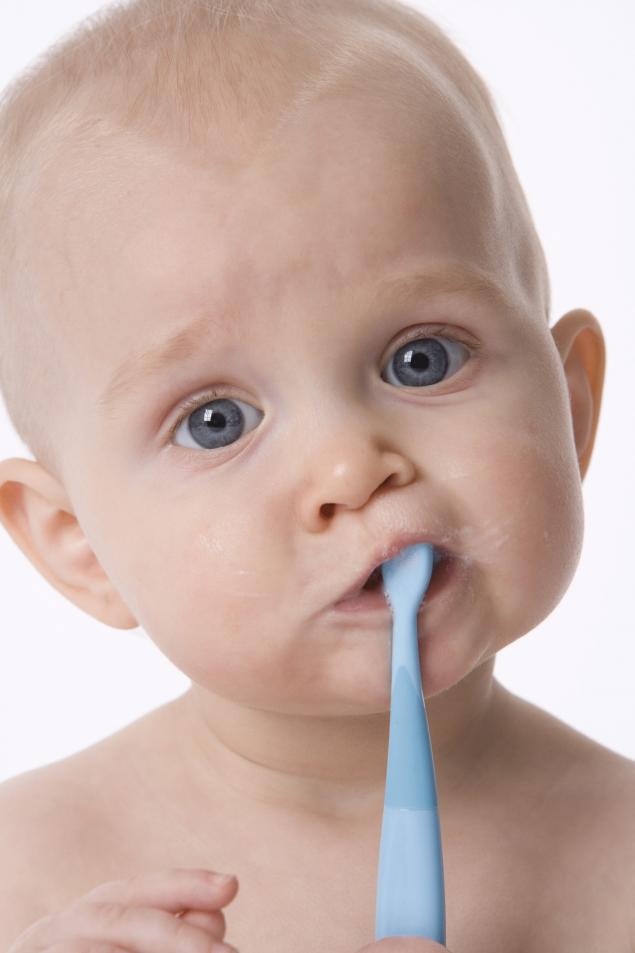
Approaches to the treatment of caries of deciduous teeth have their own characteristics due to the diversity of the body of the child. First, the presence of foci of infection in the oral cavity supports or causes exacerbation of diseases of internal organs. Second, the preservation of milk occlusion is essential for the formation and normal growth of the dentition of the child. Third, premature loss of milk teeth leads to disruption of chewing food which leads to diseases of the gastrointestinal tract. Thus invalid a superficial approach to the treatment of deciduous teeth on the basis that they will be replaced with permanent. Be treated need for each baby tooth!
Source: /users/147

The milk teeth differ from the native, especially the lower part of the tooth hidden by the gums. Milk teeth is no long root that holds in the gum molar. The size of milk teeth is less indigenous. A small curvature of the milk teeth should not inspire fear – the position of the teeth can change as the child gets older. Most children first erupt 2 lower medial incisor. Usually, the teething process is transparent to the kid and his family. The rest of the milk teeth, especially the canines and 5th teeth (premolars), can carry a lot of problems. The child becomes restless, sleeps badly, refuses to eat or eats poorly, drooling.

Each child has their own pace of teething, so don't worry if the first teeth do not appear long. To teach a child to care for the oral cavity is very important. Before year this makes adult. The first milk teeth clean with a piece of sterile gauze moistened with boiled water and wound on a wooden stick. To year it is important to buy a toothbrush for cleaning teeth and to teach the child to use it. Brush with soft fibers, of small size, specially created to care for the first milk teeth, instead of toothpaste use warm boiled water. Closer to two years you can purchase a full children's toothbrush and toothpaste. Children's toothbrush should be replaced every 3 months. Toothpastes designed for younger children, as a rule, in its composition does not contain fluorine, because it is dangerous to the child's body, and many children at this age often swallow the toothpaste. To the age of the child needs to brush their teeth once a day (in the evening). And then go to twice-a-day use, considering that the evening brushing is the most important!

First visit to a pediatric dentist. Early lose of primary teeth by caries are primarily caused by violation of carbohydrate intake. This occurs if the parents at night give the child milk and cookies, sweet yogurt or yogurt. Such cavities are called caries "milk bottle". The fact that at night there is no natural self-cleaning of the mouth, dramatically reduces the amount of saliva, which neutralizes acid.

Approaches to the treatment of caries of deciduous teeth have their own characteristics due to the diversity of the body of the child. First, the presence of foci of infection in the oral cavity supports or causes exacerbation of diseases of internal organs. Second, the preservation of milk occlusion is essential for the formation and normal growth of the dentition of the child. Third, premature loss of milk teeth leads to disruption of chewing food which leads to diseases of the gastrointestinal tract. Thus invalid a superficial approach to the treatment of deciduous teeth on the basis that they will be replaced with permanent. Be treated need for each baby tooth!
Source: /users/147
